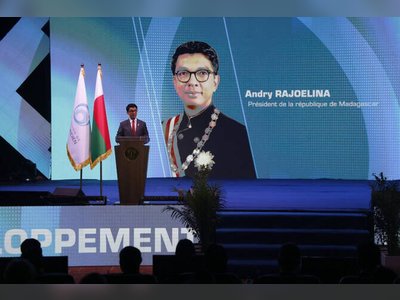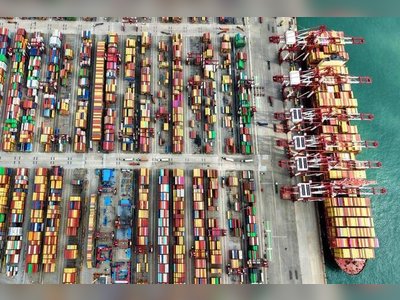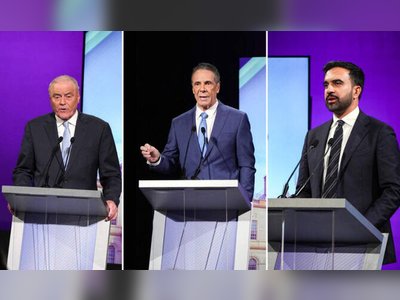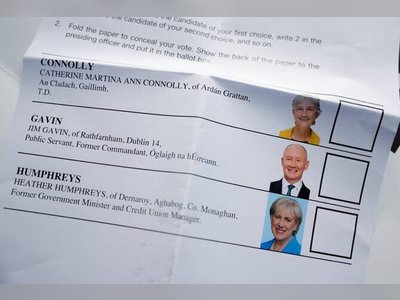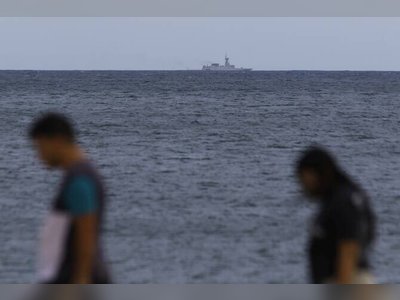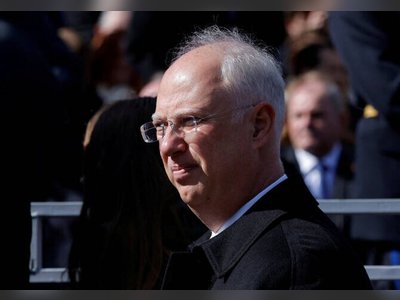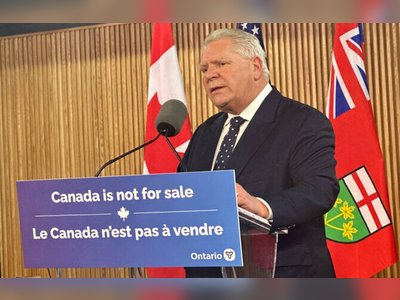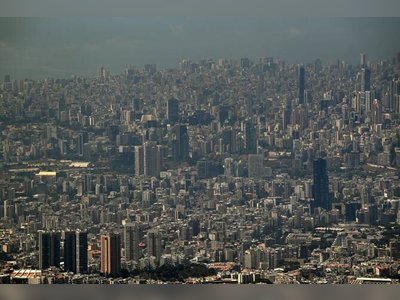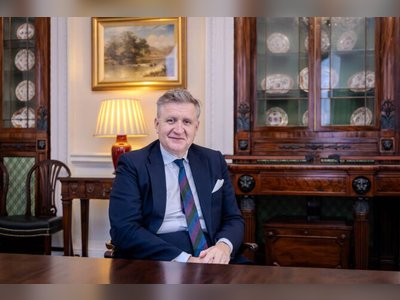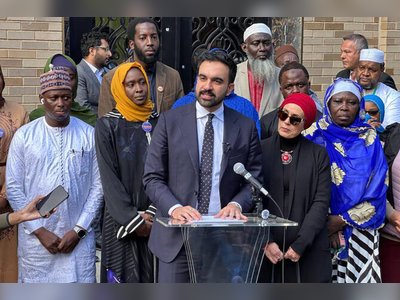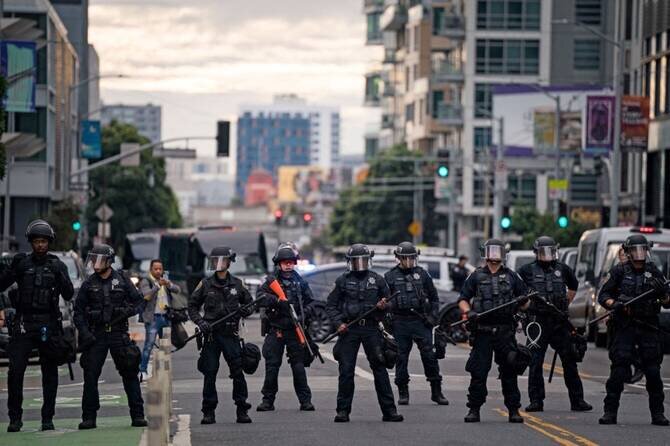
Trump Backs Off From Deploying Federal Force in San Francisco Following Talks With Tech Leaders and Mayor
After receiving calls from influential tech executives and San Francisco's mayor, President Donald Trump has decided against sending federal forces to the city.
President Donald Trump was initially prepared to send a show of federal force to San Francisco, a city he had criticized for its liberal governance.
However, after engaging in conversations with some of the Bay Area's prominent tech leaders and the city's mayor, he changed his stance.
Trump mentioned that he received calls from CEOs such as Jensen Huang of Nvidia and Marc Benioff of Salesforce, who expressed concerns about San Francisco's efforts to combat crime.
Trump indicated that these influential figures informed him that the city was working diligently to reduce crime rates.
As a result, he decided to hold off on the planned surge.
This decision came after Homeland Security Secretary Kristi Noem highlighted the need for protecting law enforcement officers and Coast Guard members in light of recent violence.
The increased federal force had been scheduled for Saturday, but Trump's change of heart has led to this operation being put on hold.
San Francisco Mayor Daniel Lurie, known for his centrist Democratic approach and focus on local issues, played a significant role in convincing Trump to reconsider.
Lurie emphasized that the city was making progress in addressing crime, particularly with regards to reducing car break-ins.
He suggested that having military and militarized immigration enforcement in the city could hinder its recovery efforts.
The decision has been met with mixed reactions from San Francisco residents and local leaders.
While some, such as former US House Speaker Nancy Pelosi and Golden State Warriors head coach Steve Kerr, praised Mayor Lurie's leadership, others remain skeptical of Trump's intentions.
Some have expressed concerns about the potential for Trump to change his mind in the future.
Trump's announcement did not specify whether he would halt all plans related to federal force deployment in San Francisco or just put them on hold.
The decision has significant implications for the city, as it suggests a shift from confrontation to cooperation between the federal government and local authorities.
However, after engaging in conversations with some of the Bay Area's prominent tech leaders and the city's mayor, he changed his stance.
Trump mentioned that he received calls from CEOs such as Jensen Huang of Nvidia and Marc Benioff of Salesforce, who expressed concerns about San Francisco's efforts to combat crime.
Trump indicated that these influential figures informed him that the city was working diligently to reduce crime rates.
As a result, he decided to hold off on the planned surge.
This decision came after Homeland Security Secretary Kristi Noem highlighted the need for protecting law enforcement officers and Coast Guard members in light of recent violence.
The increased federal force had been scheduled for Saturday, but Trump's change of heart has led to this operation being put on hold.
San Francisco Mayor Daniel Lurie, known for his centrist Democratic approach and focus on local issues, played a significant role in convincing Trump to reconsider.
Lurie emphasized that the city was making progress in addressing crime, particularly with regards to reducing car break-ins.
He suggested that having military and militarized immigration enforcement in the city could hinder its recovery efforts.
The decision has been met with mixed reactions from San Francisco residents and local leaders.
While some, such as former US House Speaker Nancy Pelosi and Golden State Warriors head coach Steve Kerr, praised Mayor Lurie's leadership, others remain skeptical of Trump's intentions.
Some have expressed concerns about the potential for Trump to change his mind in the future.
Trump's announcement did not specify whether he would halt all plans related to federal force deployment in San Francisco or just put them on hold.
The decision has significant implications for the city, as it suggests a shift from confrontation to cooperation between the federal government and local authorities.
